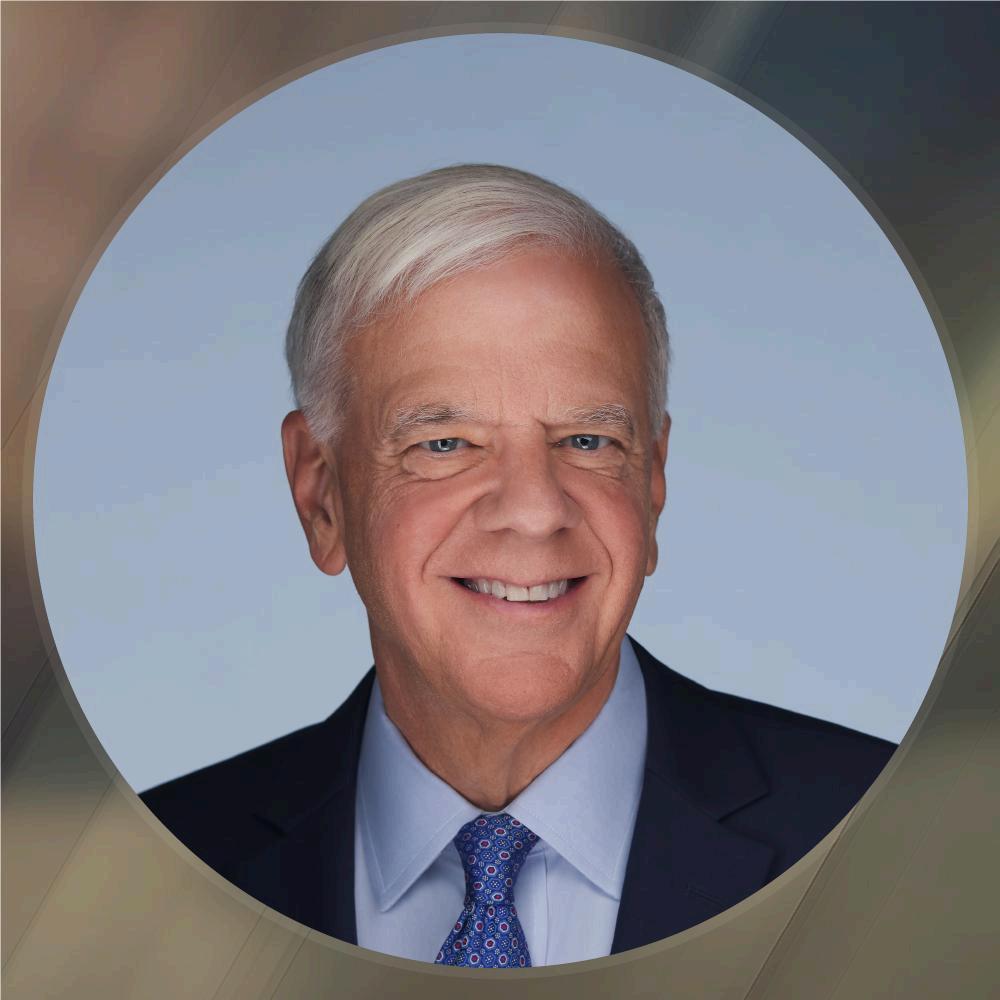Guiding Healthcare’s Future: Ethics
at the Core of Biotech and Genomic Innovation by Craig Kent

Craig Kent noted that biotechnology, genomics, and personalized medicine are ushering in a new era of healthcare, one defined by unprecedented precision and possibility From gene therapies that can correct rare disorders to predictive tools that forecast disease risks, these advancements promise to transform lives. Yet with such power comes profound responsibility.
The role of ethical leadership has never been more critical in ensuring that scientific progress serves humanity fairly and responsibly.
At the heart of ethical leadership is the recognition that innovation must align with values. Leaders in healthcare and biotech face decisions that extend beyond profitability and efficiency; they must also weigh justice, privacy, and patient autonomy Genetic information, for example, carries deeply personal implications. Ethical leaders are tasked with safeguarding this data, protecting it from misuse, and ensuring patients have both clarity and choice in how their information is used
The pace of advancement also creates dilemmas around equity Personalized medicine offers tailored treatments, but without thoughtful leadership, these therapies risk being accessible only to the wealthy or those in well-resourced healthcare systems. Ethical leaders must champion inclusion, advocating for broader access and shaping policies that reduce disparities rather than deepen them. Equity in innovation ensures that breakthroughs benefit not just a privileged few but society at large
Moreover, ethical leadership demands transparency and accountability. As biotech companies and health institutions explore uncharted territory, leaders must foster open communication with the public, acknowledging both the promise and limitations of new therapies By building trust through honesty, they help patients and communities navigate uncertainty with confidence.
Ultimately, the challenge for today’s health leaders is to guide progress with integrity Science may provide the tools to edit genes, predict diseases, or design highly individualized treatments, but it is ethical leadership that ensures these tools are wielded responsibly In this balance between discovery and duty lies the future of healthcare a future where innovation is not only groundbreaking but also humane, just, and deeply respectful of human dignity
